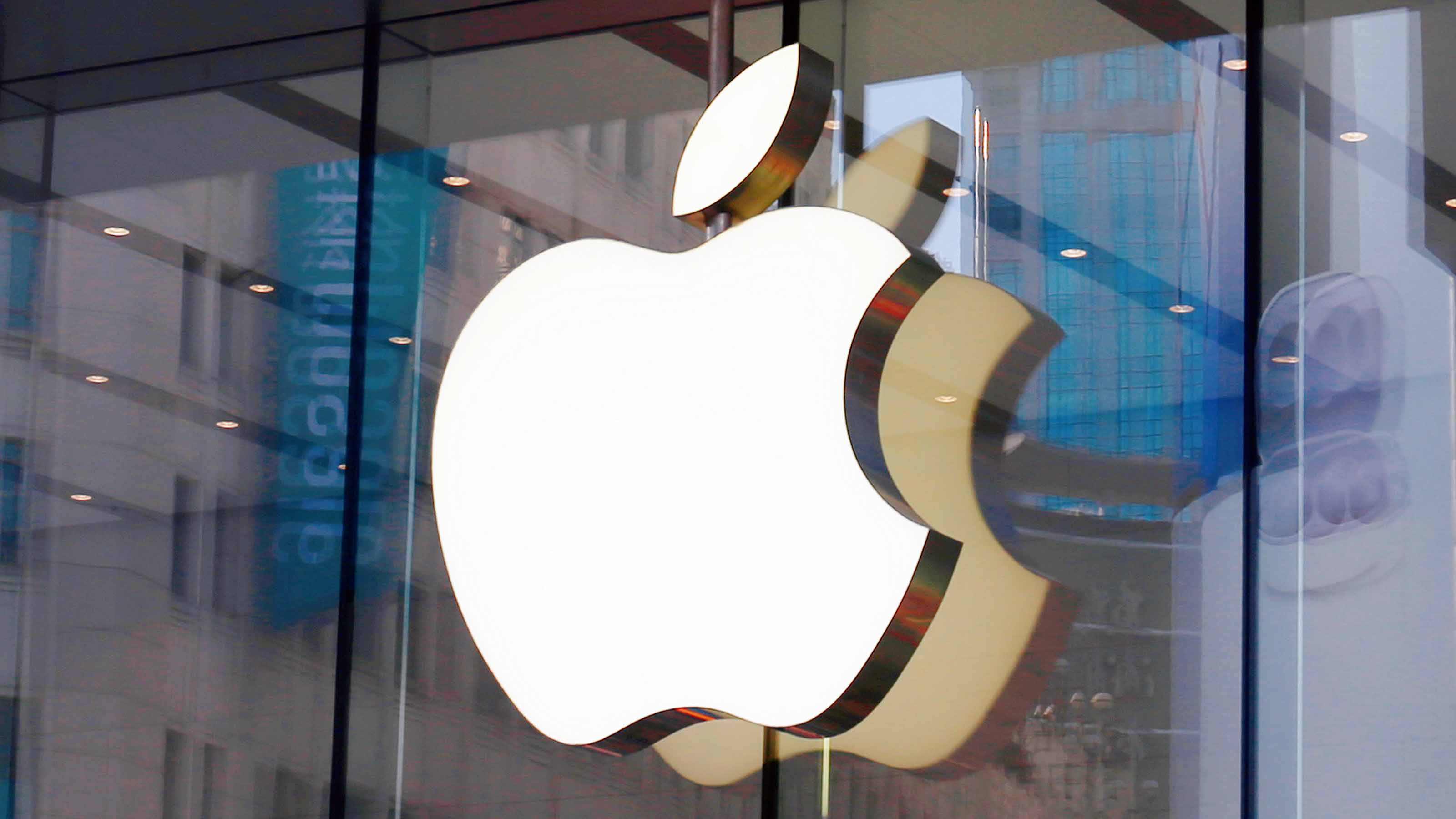
A couple of analyst downgrades might have Apple (AAPL) stock reeling to start the new year, but much of Wall Street sees the AAPL selloff as a chance to pick up shares in the iPhone maker on the cheap.
Apple is routinely one of Wall Street's top-ranked Dow Jones stocks, but concerns over demand in China have some analysts becoming increasingly cautious on the name. Piper Sandler analyst Harsh Kumar cut his recommendation on the stock last week to Neutral (the equivalent of Hold) from Overweight (Buy), citing a weak macroeconomic backdrop in China.
"We are concerned about handset inventories," Kumar wrote in a note to clients. "Growth rates have peaked for unit sales."
Piper Sandler's downgrade followed a more bearish downgrade by Barclays analyst Tim Long – to Underweight from Neutral – two days earlier. Long also cited weaker revenue in China as a concern.
Apple has seen iPhone sales soften in China amid an economic slowdown and other factors. Consumers are holding onto their pricey iPhones longer between refresh cycles, analysts note, while a new 5G phone from rival Huawei is also chipping away at iPhone demand.
The bottom line is that although AAPL stock is still up more than 40% on a price basis over the past 52 weeks, it's down more than 4% to start the year. The world's most valuable publicly traded company has lost more than $135 billion in market capitalization in 2024 alone – or roughly the entire market value of General Electric (GE). Pull the chart back to AAPL stock's peak in mid-December, and the company has lost an astonishing $225 billion in market cap since then.
The Street says buy Apple stock
Morgan Stanley analyst Erik Woodring speaks for the bulls when he notes that Wall Street sentiment towards Apple – as approximated through its mix of Buy, Hold and Sell ratings – is at its lowest point since September 2020. That's a contrarian buy signal, in the analysts' view, and he advises clients to buy Apple stock on weakness.
Woodring contends Apple's fundamentals are on the path to recovery, albeit with some near-term unevenness. More importantly, 2024 will be the year when Apple's artificial intelligence (AI) efforts likely come to fruition, the analyst adds.
If you look at the Street's recommendations, it has indeed become the most uncertain about Apple stock since 2020. That said, it does remain collectively bullish on the name. Of the 45 analysts covering AAPL surveyed by S&P Global Market Intelligence, 20 rate it at Strong Buy, seven say Buy, 14 have it at Hold, three say it's a Sell and one calls it a Strong Sell. That works out to a consensus recommendation of Buy, with mixed conviction.
Meanwhile, analysts' average target price of $198.81 gives Apple stock implied price upside of more than 8% in the next 12 months. Wall Street strategists give the S&P 500 average implied upside of about 5% in the year ahead.
As for buy-and-hold Apple investors, well, they can pretty much ignore its latest gyrations in share price. After all, Apple has been a dream of a long-term holding. It was the best stock in the world for the 30 years ended 2020. And anyone who put $1,000 into Apple stock two decades ago would be very happy with the results today too.
That's partly why billionaire investors are big fans of Apple stock. Apple is hard to top when it comes to hedge funds' top blue chip stocks, as well. And, of course, there is no bigger fan of Apple – or of buying on weakness – than Warren Buffett.
The iPhone maker accounts for about half of Berkshire Hathaway's (BRK.B) equity portfolio, but AAPL's red-hot run – along with the rest of the Magnificent 7 stocks – means Buffett hasn't added to it in some time.
Don't be surprised to learn from regulatory filings a few months from now that the smart money was buying Apple stock in bunches during this January swoon.







